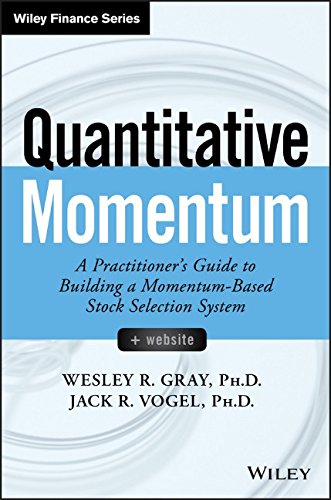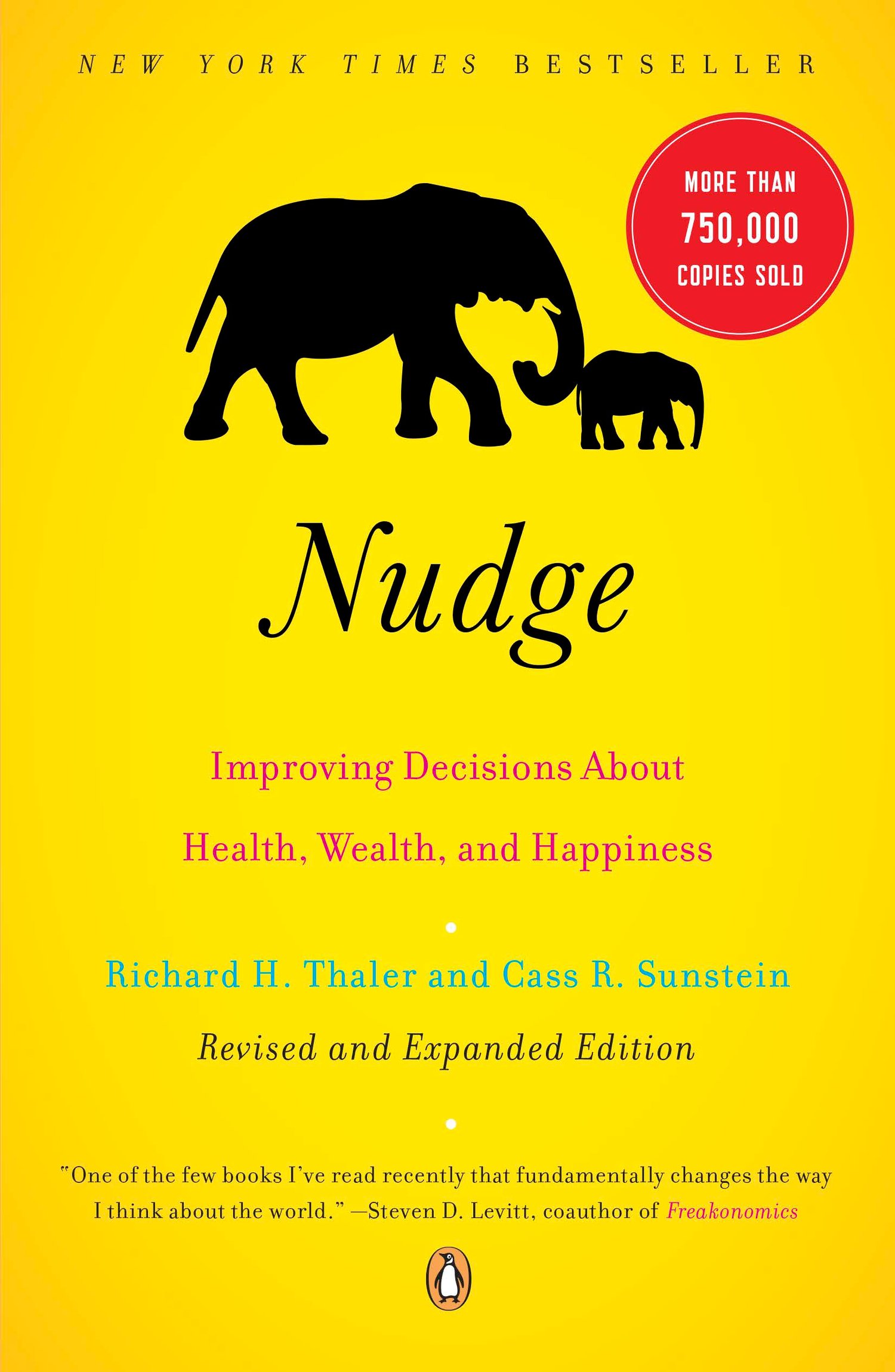Author Background:
Jack Vogel, Ph.D., conducts research in empirical asset pricing and behavioral finance, and is a co-author of two books: DIY FINANCIAL ADVISOR: A Simple Solution to Build and Protect Your Wealth and QUANTITATIVE MOMENTUM. His academic background includes experience as an instructor and research assistant at Drexel University in both the Finance and Mathematics departments, as well as a Finance instructor at Villanova University. Dr. Vogel is currently a Managing Member of Alpha Architect, LLC, an SEC-Registered Investment Advisor, where he heads the research department and serves as the Chief Financial Officer and co-CIO. He has a PhD in Finance and a MS in Mathematics from Drexel University, and graduated summa cum laude with a BS in Mathematics and Education from The University of Scranton.
Jack’s Book Recommendation:
Audio Podcast:
Other ways to listen:
* On iTunes
* Right Click + Save As to download as an MP3
* Stream here directly
Five Good Questions:
- Let’s start with some basic definitions that seem to trip people up. What are the differences between “growth” and “momentum” strategies?
- You argue in your book that value and momentum investing are like cousins, or two sides of the same behavioral coin. So why does the idea of momentum investing remain so repulsive to most value investors? Why the religious zealotry in an industry that prides itself on being hyper-rational?
- If you’re index fund investor, you’re effectively investing in both value and growth strategies at all times. Why might you be better off with a basket made up of value + momentum instead?
- There are so many different ways to slice momentum. What criteria did you find that worked to define the quality of momentum and what were some reasons all momentum isn’t created equally? And where does trend following fit in? Is there any timing information in momentum?
- For a concentrated value investor, can adding momentum be as simple as, if individual Stock A and Stock B are on par, pick the one with the strongest relative strength? Or are you in favor of a more diversified approach?
With gratitude,





